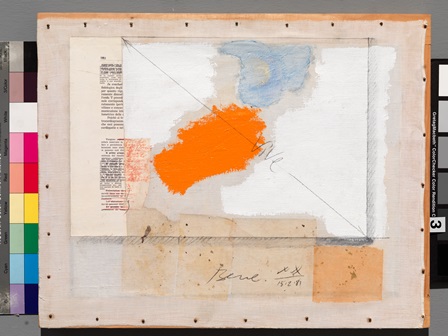Exposing Errors and Removing Errors: Pushing the Boundaries in Legal English
DOI:
https://doi.org/10.13130/2035-7680/8309Parole chiave:
error, legal English, plain language, drafting, intelligibilityAbstract
As is well known, the language of the law tends to be relatively conservative in its style when compared with most other varieties of language. However, in recent decades we have witnessed a minor revolution in the way legal English has developed, largely as a result of pressures from the Plain language movement. An encrusted style of writing which had predominated for centuries is being overhauled, at least in the sphere of legislative texts, in an ongoing process which is transforming ‘legalese’ into standard formal English. As with any development involving change, there are detractors on the one hand and enthusiasts on the other.
Referring to the benefits of drafting in plain language, Butt and Castle (2001: 89) affirm that “Errors are harder to find in dense and convoluted prose. Removing legalese helps lay bare any oversights in the original.”
Central to the philosophy of plain language is the idea that a legally binding text should be understandable to laypersons. Inevitably, such a view clashes with the reasoning of many ‘traditionalist’ legal practitioners who argue that the main purpose of a legally binding text is that it should be able to withstand scrutiny from experts and perform the task it was meant to undertake, irrespective of whether it may be intelligible to a layperson.
In this paper I will highlight some of the main arguments for and against this fundamental question of whether a legally binding text should be written with a non-expert readership in mind, focusing on the concept of ‘error’ which, from the perspective of the more traditionalist members of the law community, concerns the newly adopted terms or expressions introduced, in many cases, for the benefit of laypersons, whereas from the perspective of plain language proponents, the ‘error’ is to be found in the older style of ‘legalese’ which abounded until fairly recently making legal texts incomprehensible to most citizens and which has now been duly ‘rectified’




